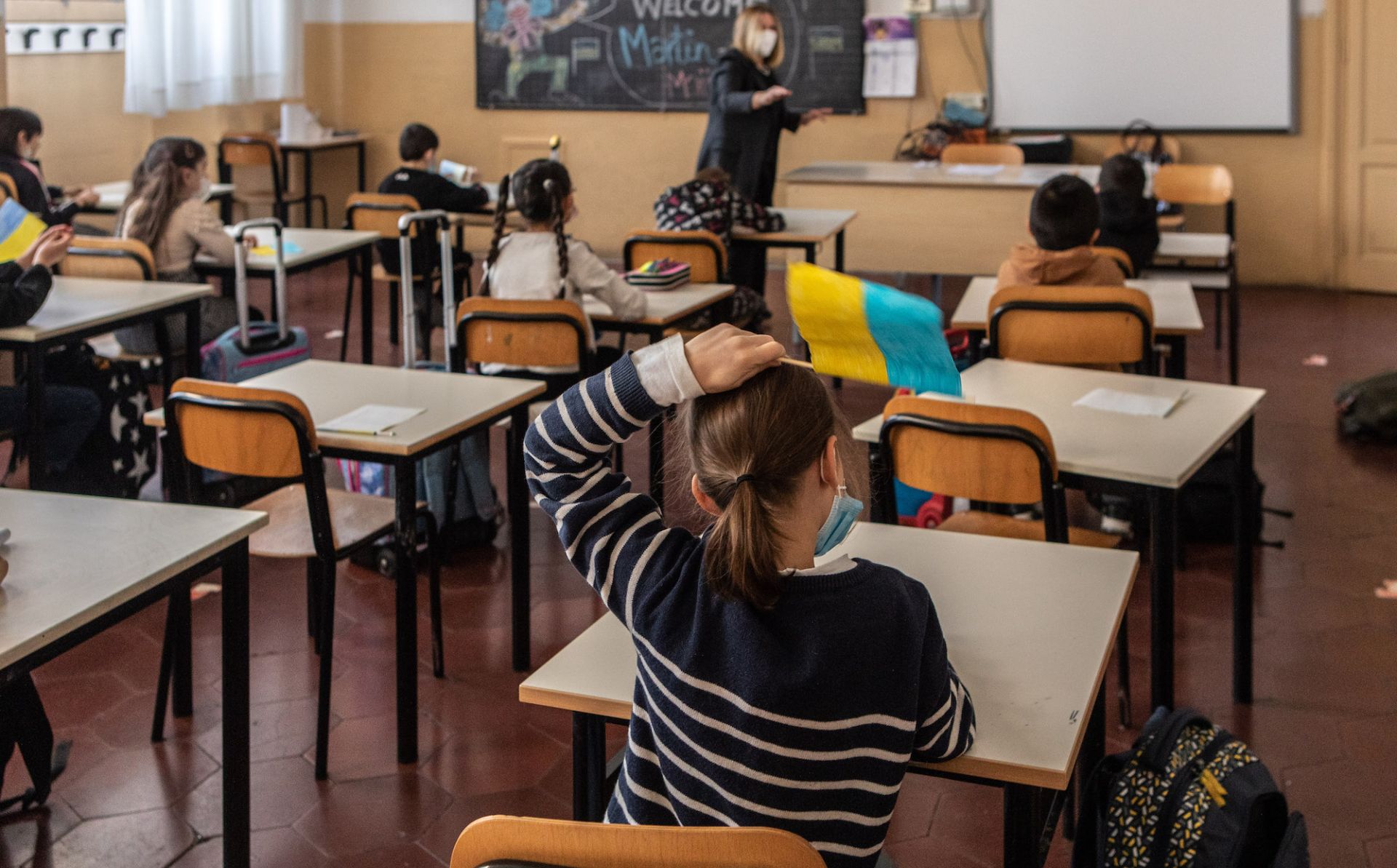
Children, education, health, jobs, housing: EU outlines support for refugees fleeing war in Ukraine
The European Commission today outlined the full range of actions being taken to support Member States in meeting the needs of refugees fleeing the war against Ukraine.
Since the Russian invasion, some 3.5 million people – mainly women and children – have arrived in the EU in the space of just four weeks. Around 6.5 million people are estimated to be displaced internally. The EU’s welcome to those who arrived on EU territory is epitomised by the first-ever activation of the Temporary Protection Directive, offering quick assistance and a clear legal status.
Beyond the immediate support provided in terms of assistance at the border, reception and civil protection, the EU is taking further steps to help Member States ensure refugees can effectively access their right to education, healthcare, accommodation and jobs.
The available support includes:
- Special protection for children: All children arriving in the EU should have swift access to their rights, without discrimination, including the necessary psychological support, healthcare and access to education. Particular attention must be given to unaccompanied minors, children from institutions (such as orphanages), and children at risk of trafficking and abduction. Family tracing must be a priority.
- Access to education: Helping pupils, students and teachers is a priority. The Commission will bring together Member States to start sharing experiences and identify what is needed to continue the education of displaced children. The School Education Gateway will serve as a one-stop shop to link to educational material from Ukraine and Member States’ material in Ukrainian. It will also be essential to draw on the capacities of Ukrainian teachers among the new arrivals in Europe. The eTwinning community can help groups created in the secure space of the platform to support teachers. Flexibility in the Erasmus+ funding programme will also be used to support the education of refugee students and the integration of staff of higher education institutions who are fleeing the war.
- Access to healthcare: Thanks to a solidarity mechanism set up by the Commission, people in urgent need of specialised hospital treatment can be quickly transferred between Member States for such treatments, with 10,000 beds already available. The Commission also supports the supply of vaccines, with a particular focus on childhood vaccination. The EU will also take targeted actions on mental health and trauma support for those fleeing the war, including the set-up of a network of Ukrainian-speaking mental health professionals.
- Access to jobs: Member States are invited to take measures to help those arriving swiftly to take up their right to work, as well as vocational training. This includes informing people about their rights under the Temporary Protection Directive, providing language or business support, and ensuring access to childcare, with a key role for public employment services to act as matchmakers on the labour market. The Commission has added the Ukrainian language to the EU Skills Profile Tool for non-EU nationals to help Ukrainian job seekers and those who wish to continue their studies showcase their skills and connect with opportunities and guidance on next steps. The Commission will also pilot a new Talent Pool to match skills with job vacancies.
- Access to accommodation and housing: To meet immediate needs for suitable accommodation, a new “safe homes” initiative will support Europeans who are making their homes available, mobilising targeted funding and online resources as needed. In addition, EU funds will be mobilised to strengthen public reception systems and support community-based services and accommodation, especially for those with special needs, disabilities, children and older people.
Solidarity in action
The Commission has set up a Solidarity Platform, bringing together Member States and EU Agencies, to coordinate support to Member States in need. The Platform will help organise the transfers of people within the EU to the Member States that have reception capacity and can also help establish pathways towards non-EU countries that already host significant Ukrainian communities, such as Canada or the United Kingdom. Solidarity has also come from the private sector, with many transport companies organising humanitarian trains and providing free tickets to those fleeing.
Find out more
Communication on Welcoming those fleeing war in Ukraine: Readying Europe to meet the needs
MOST READ
SEE ALSO

EU Civil Protection Mechanism delivers powerful transformer to Ukraine
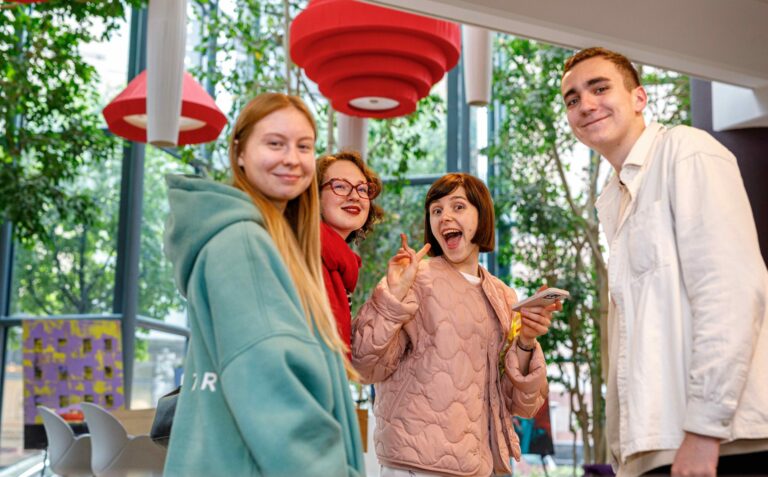
Voice Your Vision: Young European Ambassadors take part in European Forum of Young Leaders in Warsaw
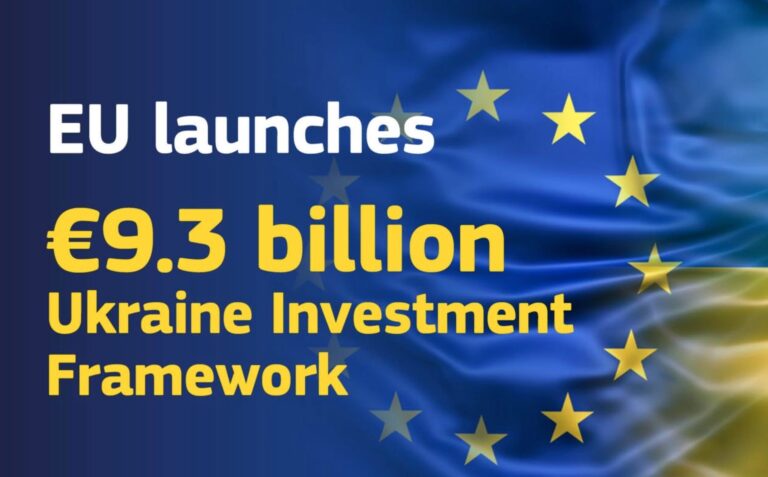
Investments for recovery: EU sets up Investment Framework under its Ukraine Facility
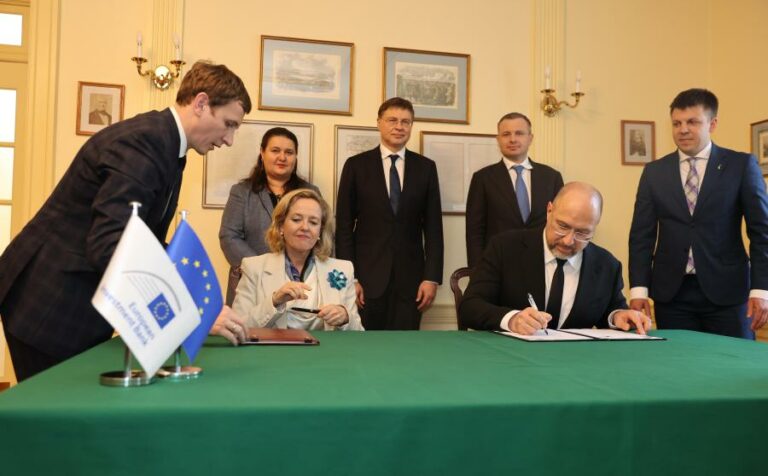
EIB and Ukraine Government to accelerate deployment of financial support and project execution on the ground
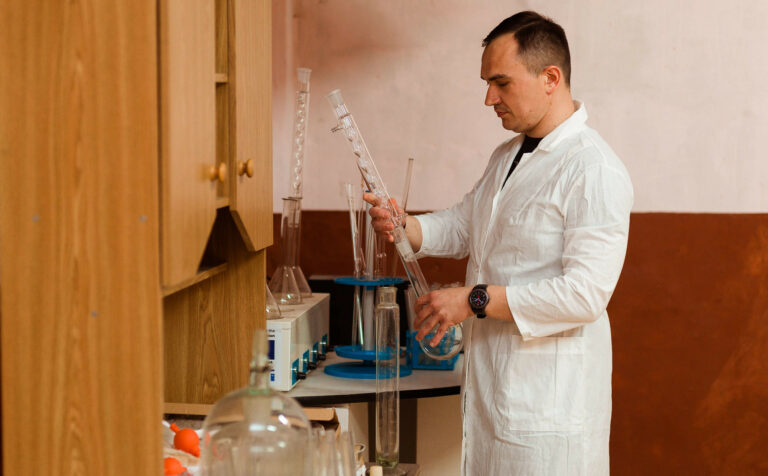
EU allocates extra €10 million to support researchers from Ukraine under Horizon Europe
More campaign pages:
Interested in the latest news and opportunities?
This website is managed by the EU-funded Regional Communication Programme for the Eastern Neighbourhood ('EU NEIGHBOURS east’), which complements and supports the communication of the Delegations of the European Union in the Eastern partner countries, and works under the guidance of the European Commission’s Directorate-General for Neighbourhood Policy and Enlargement Negotiations, and the European External Action Service. EU NEIGHBOURS east is implemented by a GOPA PACE-led consortium. It is part of the larger Neighbourhood Communication Programme (2020-2024) for the EU's Eastern and Southern Neighbourhood, which also includes 'EU NEIGHBOURS south’ project that runs the EU Neighbours portal.

The information on this site is subject to a Disclaimer and Protection of personal data. © European Union,







